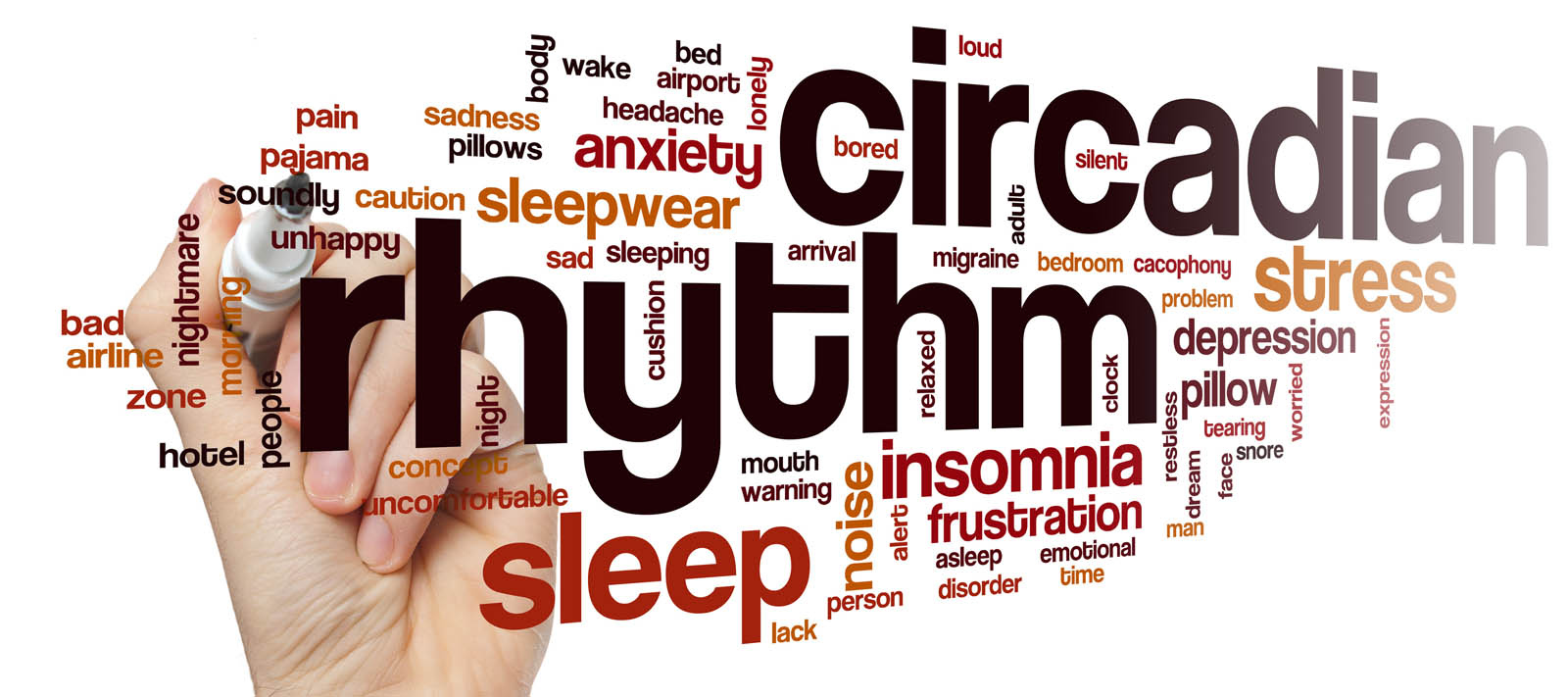
What is 'Light Nutrition'?
When the nights are long and days short, getting up for work and coming home again in the dark can be grim. Some of us succumb to the 'Winter blues', leading to increased illness, reduced productivity and feelings of melancholy. Can lighting improve our sleep and lift our moods?
What light you consume - and when - matters. Most of us are affected by the change in seasons and the amount of natural light we experience, says the mental health charity, Mind. A 2013 study showed that using a dawn-simulating light beginning 30 minutes before waking up improved people's cognitive performance and mood for the entire day after. When it gets dark, our bodies produce more melatonin, getting us ready for sleep. Dawn light suppresses the melatonin, waking us up and giving us a boost for the day ahead. This is the circadian rhythm - our internal body clock. A new study from the Lighting Research Center (LRC) finds that having the right ‘light nutrition’ reduces stress.
The research centre at Rensselaer Polytechnic Institute found that people who receive a big dose of light in the morning, experience better sleep and lower levels of depression and stress, than those who spend their mornings in dim or low light levels. People who received high amounts of light (from either electric lighting or daylight), in the morning reported lower levels of stress than those receiving low light, and this finding was consistent during both summer and winter.
This is why some experts think the blueish light produced by smartphones and laptops can interfere with our sleep patterns if we use them too much before going to bed. Light on the red end of the spectrum, on the other hand, can help us relax. Our brains are so sensitive to differences between red and blue light, we can even be tricked into feeling warmer or cooler.
For more information about the benefits, and options available, to improve your lighting, talk to us… because there’s more to light!
